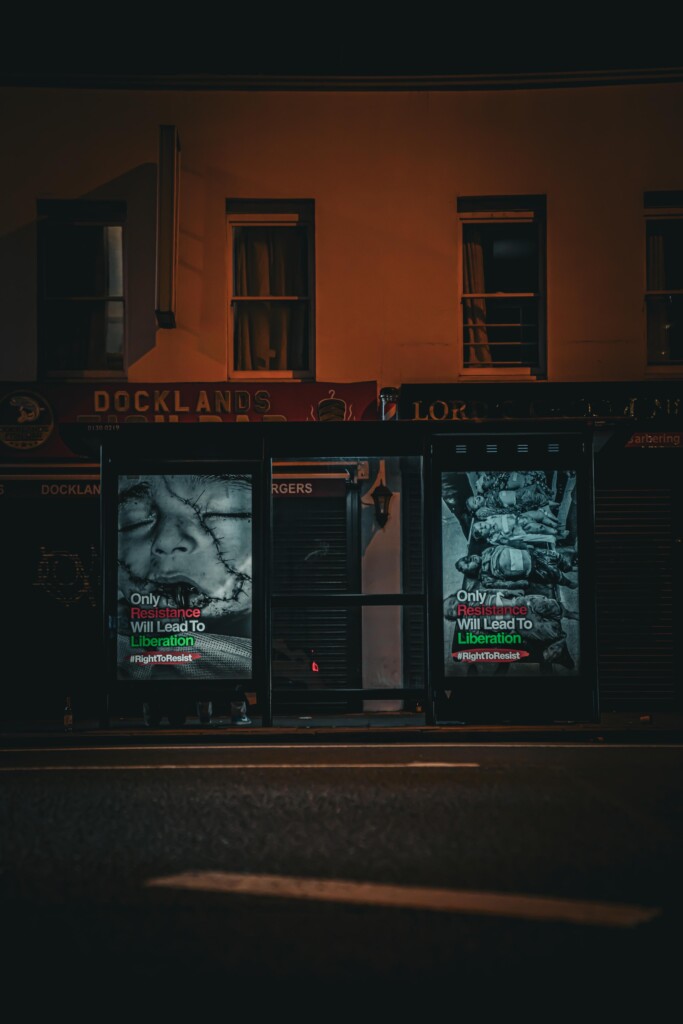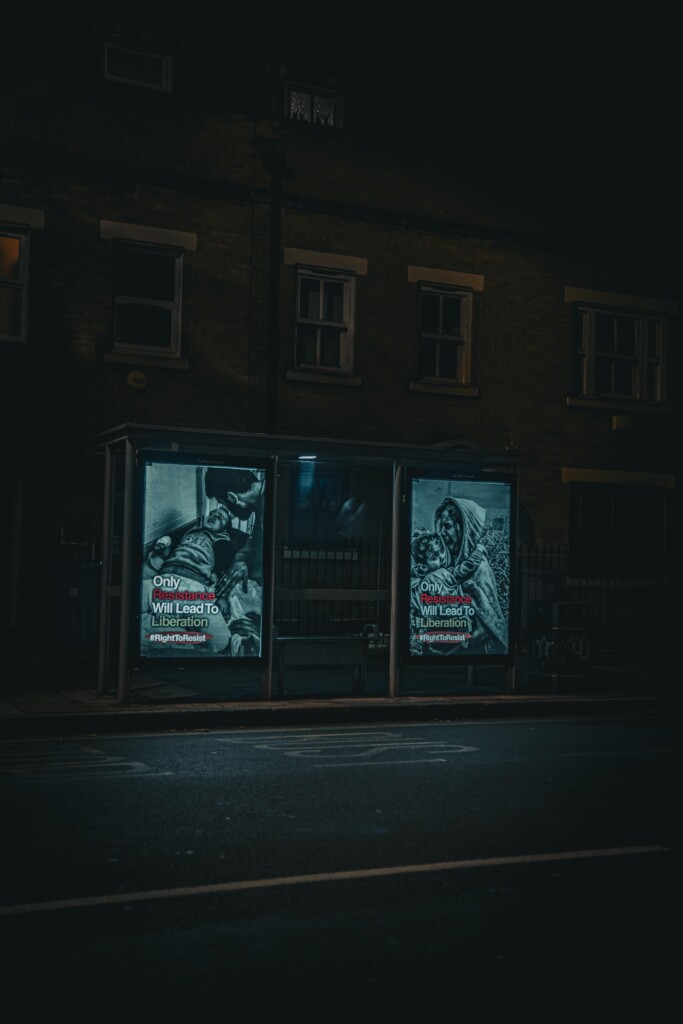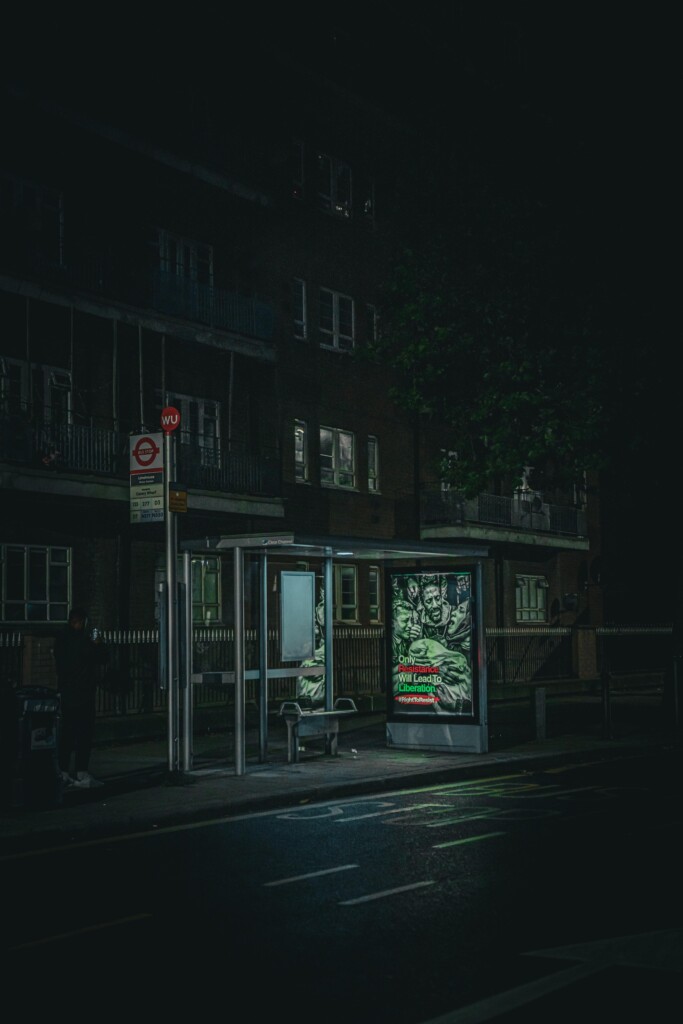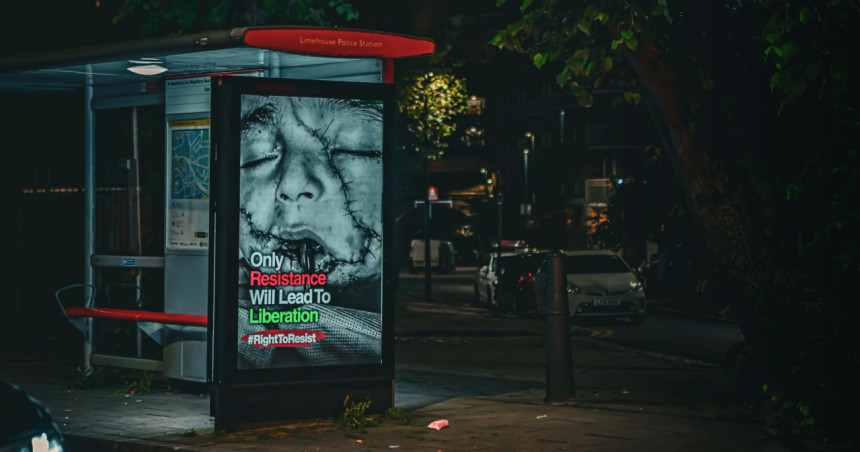One year into the ongoing genocide, the suffering of the Palestinian people has reached unprecedented levels.
OCHA figures as of late September 2024 account for 41,495 murdered. UNRWA has noted that 1.9 million Gazans have been forcibly and repeatedly displaced from their homes — some up to ten times or more. [1]
Despite this immense human tragedy, the genocide continues unabated.
The International Court of Justice (ICJ) has officially charged Israel with genocide, and global outrage has sparked thousands of protests against its actions. Yet, despite these efforts, the violence and destruction persist.
After 365 days of inaction and failure by the international organisations responsible for upholding peace and justice, the urgency of addressing this crisis has never been greater.
The world’s institutions, tasked with preventing atrocities like these, have proven ineffective, leaving the Palestinian people in an ever-deepening state of crisis.
For this reason, the following message is now more crucial than ever.
Only resistance will lead to liberation
This has been proven countless times in recent history, from South Africa, Bosnia, Kosovo, to most recently, Bangladesh.
As an example, bus stop adverts illuminated across the London borough of Tower Hamlets in the past few days are giving the Palestinian people a fraction of their due right of attention, one year into the genocide.




Monday’s media frenzy of venomous secluded commemoration of the Israeli 7 October victims put 40,000+ Palestinians below that of an equal footing. This simultaneously dehumanised an entire people while propelling Israel’s entitlement to carry out genocide.
It is, therefore, obvious that Palestinian sympathisers must push the narrative of attention in another light.
Powerful messaging can revive people’s consciences




Ads such as those in Tower Hamlets are calling for resistance while showing the faces of the Palestinians killed since 7 October.
It is hoped that such initiatives will help push the narrative of Palestinian sympathy and focus much more to the average mind that is being conditioned on a regular basis to believe that Israel is oppressed and the Palestinians are worth less, or even worthless!
This is why a diversification of strategies to raise attention to the Palestinian plight is needed, as much of the public eye could become fatigued and used to the old methods of marches and rallies.
While many may be drained, the campaigners have shown fortitude and perseverance at a time of heedlessness and self-interest.
For the public to be able to view such messaging in their day-to-day commutes — both on and after 7 October — will, inshāAllah, feed the flame of rebirth from the commemoration of the Palestinian people.
Yes, Palestine does have the right to resist
Palestine’s right to resist is a fundamental right according to Article 51 of the United Nations charter. [2]
The charter was established in 1945 and voted for by 50 UN member states, notably including the United States and the United Kingdom.
For the Palestinians across Gaza and the West Bank to have been subjected to occupation and the slow and cruel razing of their state, it is without question that they have a right to resist.
As is attributed to the 19th century American philosopher, Henry David Thoreau,
“When injustice becomes law, resistance becomes duty.” [3]
Source: Islam21c
Notes







